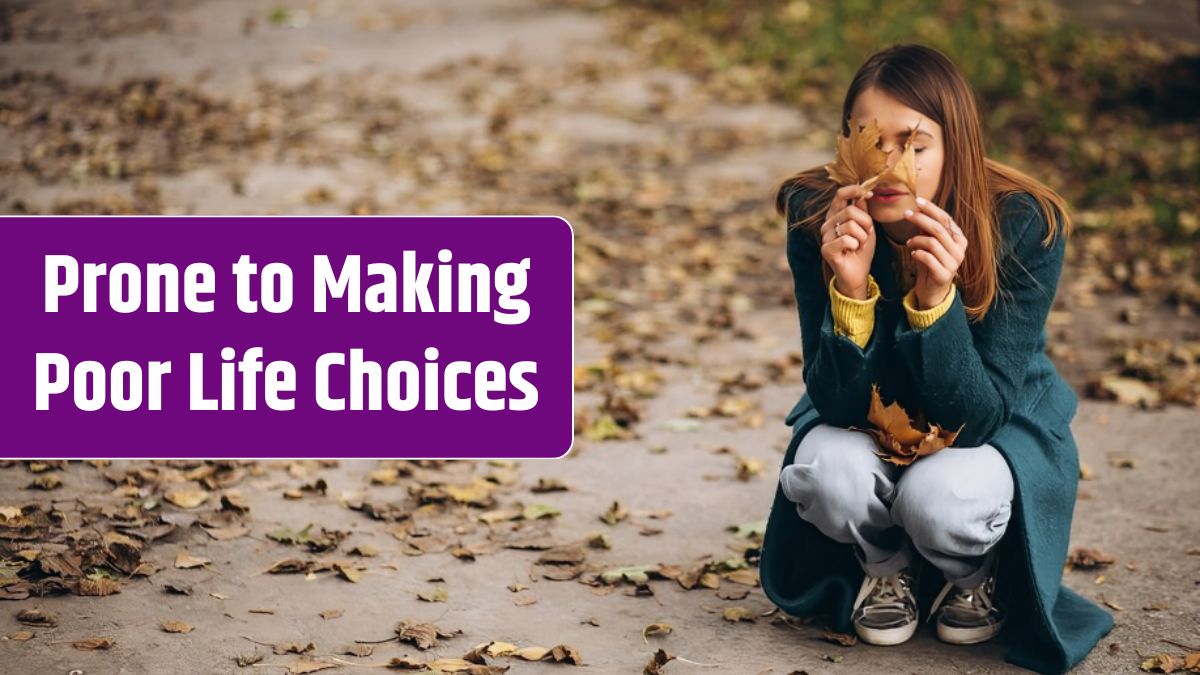Millions of Americans rely on Supplemental Security Income (SSI) payments to make ends meet. Typically, these payments are issued on the first of each month, but sometimes they arrive earlier due to scheduling conflicts. For December 2024, SSI recipients will receive their payments earlier than usual. Here’s what you need to know.
Early Payment
The Social Security Administration (SSA) avoids issuing payments on weekends or holidays. December 1, 2024, falls on a Sunday, so the payment will be sent out on the previous business day—Friday, November 29, 2024. This means recipients will get their funds two days early.
While this may feel like a bonus, it’s important to remember that the early payment is for December. Recipients must budget accordingly, ensuring the funds last through the intended month.
Payment
The SSI payment on November 29 will go to eligible recipients, including:
- Individuals: Those qualifying without reductions can receive up to $943.
- Couples: Eligible married couples can receive a maximum of $1,415.
- Essential Persons: Individuals who assist SSI recipients may also qualify for benefits.
Most recipients, however, receive an average monthly payment of $697, based on their income and other factors as of October 2024.
How to Qualify
To receive the maximum SSI benefits, applicants must meet strict eligibility criteria.
Income Limits
SSI is intended for individuals with minimal income. For 2024, you must earn:
| Category | Monthly Income Limit |
|---|---|
| Individuals | $1,971 |
| Couples | Higher threshold applies |
Income includes wages, Social Security benefits, disability payments, and pensions.
Resource Limits
Applicants must have limited resources. The limits are:
| Category | Resource Limit |
|---|---|
| Individuals | $2,000 |
| Couples | $3,000 |
Countable resources include bank accounts, investments, and personal property. Items like your primary residence and vehicle are excluded.
Eligibility Requirements
- Disability, Blindness, or Age: You must be over 65 or meet the SSA’s definition of disability. For younger individuals, the disability must significantly limit work ability or daily activities for at least a year.
- Citizenship: Applicants must be U.S. citizens, nationals, or qualified noncitizens with Department of Homeland Security approval.
- Residency: You must live in one of the 50 states, Washington D.C., or the Northern Mariana Islands. Exceptions apply for children of military families stationed abroad or students studying overseas.
December’s Payment
The payment on November 29 is technically December’s SSI benefit. The last 2024 SSI payment will be issued on December 31, but it will count toward January 2025.
If you’re receiving SSI, this scheduling quirk means you’ll get funds early, but budgeting carefully is crucial. Use this payment to cover your December expenses, and remember that there won’t be another check until the end of the month.
Why This Matters
For many low-income individuals and families, SSI payments are a financial lifeline. Receiving December’s payment in November provides an opportunity to address immediate needs, such as overdue bills or other financial obligations. However, careful planning is essential to ensure the funds last throughout December.
With the advance payment, SSI recipients can head into December prepared and with a bit more flexibility. Remember to budget wisely, and enjoy the peace of mind that comes with timely financial support.
FAQs
Why is SSI arriving early for December?
December 1 is a Sunday, so payments are issued on November 29.
What is the maximum SSI benefit for individuals?
Eligible individuals can receive up to $943 per month.
Who qualifies for maximum SSI payments?
Those with minimal income, few resources, and no reductions.
How are resources counted for SSI eligibility?
Bank accounts, investments, and personal property are counted.
When is the last SSI payment for 2024?
The last payment is on December 31 for January 2025.





